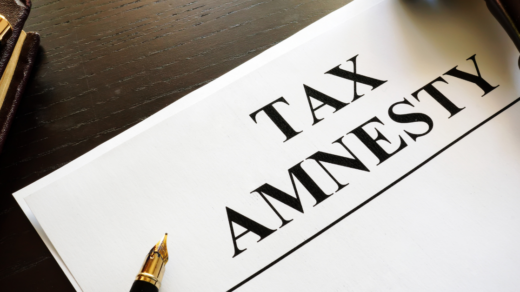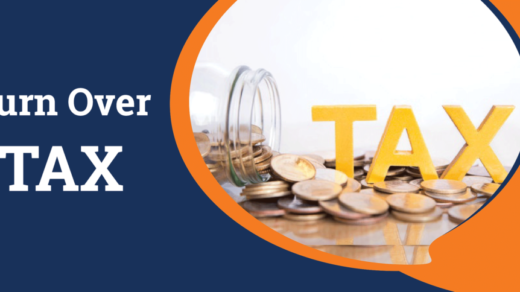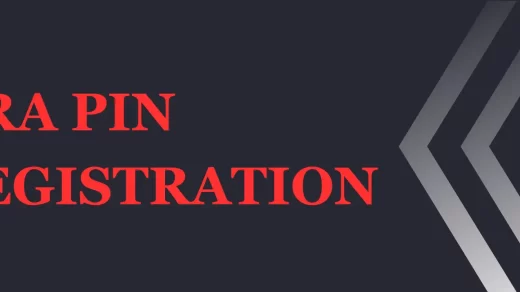Excise duty is a tax imposed on goods and services manufactured in Kenya or imported into Kenya, as specified in the first schedule of the Excise Duty Act (2015). This taxation mechanism plays a crucial role in revenue collection and ensuring fair trade practices.
This comprehensive guide sheds light on various aspects of excise duty, including the application process for an excise license, filing returns, penalties, and the recently amended fees for excise stamps.
How to Obtain an Excise License
To acquire an excise license, the process can be initiated on iTax. After logging in, navigate to the registration tab, select “other registration,” and click on “Excise license.” Complete the required details and submit the application. The KRA website outlines the specific requirements for importers and manufacturers seeking excise licenses.
Excise Returns Filing
Excise returns are required to be filed by the 20th day of the following month. Licensed manufacturers or suppliers of excisable services must submit excise returns on iTax. Timely filing is essential to avoid penalties.
Late Filing Penalty
Late payment penalties for excise returns amount to 5% of the tax payable under the return or Ksh. 10,000, whichever is higher. Therefore, it is crucial for businesses to adhere to the filing deadlines to avoid financial implications.
Excise Duty on Water
Excise duty is applicable only to bottled or similarly packaged waters. Water refill businesses are not exempt from excise duty; they must obtain an excise license from KRA. The obligation includes affixing excise stamps on each bottle that has been refilled or packaged.
Excise Stamps: Understanding the Amendments
The Excise Duty (Excisable Goods Management System) (Amendment) Regulations, 2023, has revised the fees for excise stamps, effective from March 31, 2023. The updated fees for various categories of excisable goods are outlined in detail.
Acquiring Excise Stamps
Excise stamps are issued by KRA exclusively to licensed individuals. Applications for excise stamps are processed through the Excisable Goods Management System (EGMS). Additionally, individuals can initiate the process at an EGMS Service Desk located in various KRA Tax Service Offices.
Quality of Excise Stamps
Any concerns regarding the quality of excise stamps should be reported to KRA via email at egmshelp@kra.go.ke. KRA has provided a user guide on handling excise stamps with quality concerns, including reporting incidents and the procedure for stamp verification.
Excise Stamps on Cosmetics
Certain cosmetics and beauty products fall under the excisable category. As per legal notices, every package of cosmetics and beauty products under specified tariff headings must be affixed with an excise stamp. The rollout of this requirement includes FAQs to assist taxpayers.
Excisable Goods Management System (EGMS)
EGMS is KRA’s Excisable Goods Management System, functioning as a track and trace system for excisable goods. The system ensures accountability and helps combat counterfeiting. Over Ksh 400 billion has been collected under EGMS since its inception, making it a crucial tool in revenue collection.
Self-Registration on EGMS
A new feature on EGMS allows taxpayers to self-register their company and system users upon obtaining an excise license or import certificate. The process is integrated with iTax, streamlining registration and user creation.
In conclusion, a clear understanding of excise duty, coupled with compliance in licensing, stamping, and reporting processes, is essential for businesses engaged in the manufacturing and importation of excisable goods. This guide aims to provide clarity on the various aspects of excise duty, promoting adherence to regulations and contributing to the overall success of businesses in Kenya.




